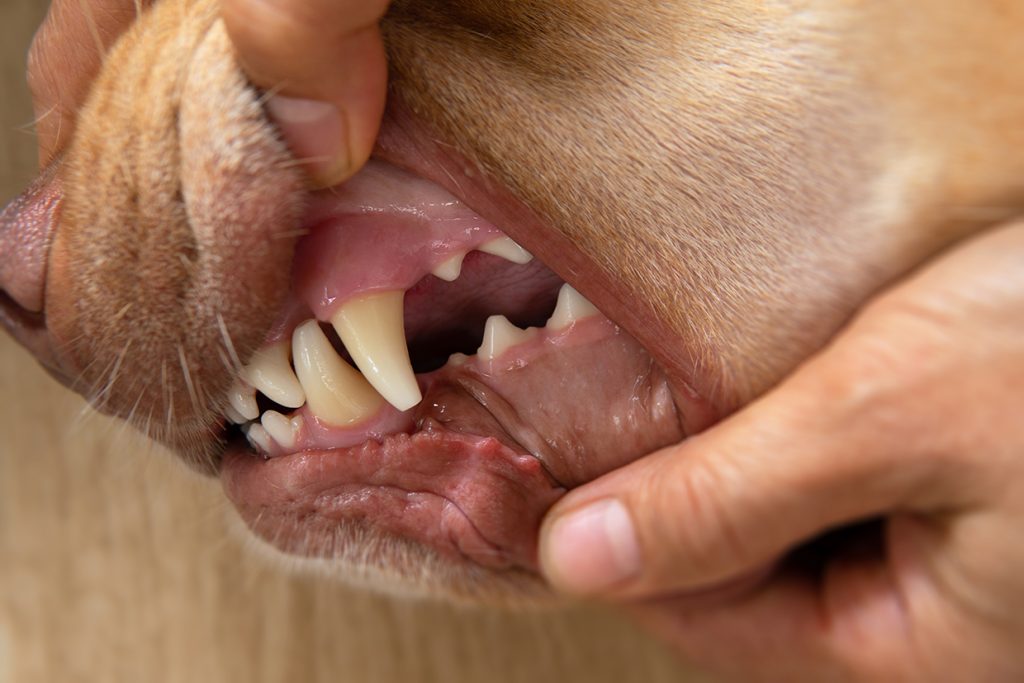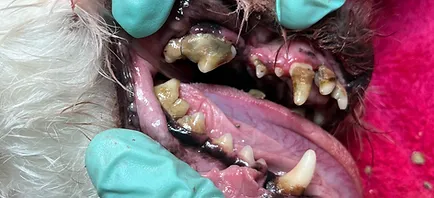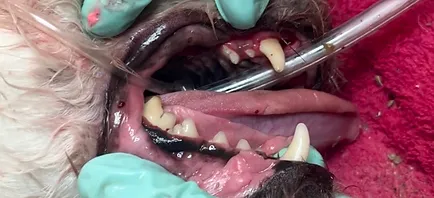Dental Care
Imagine what your mouth would feel like if you never brushed your teeth or went to the dentist.
For many dogs and cats, this is a painful reality. Dental disease is the most frequently diagnosed health problem in pets affecting 80% of cats and dogs over 3 years old!
We offer free Dental Quote Exams with one of our dental techs to generate an estimate for dental services.
Caring for animals and the people who love them.
What Happens During Our Dental Procedures?
Understanding Your Quote
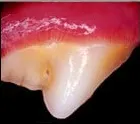
Dental Score of 1
We are seeing mild tartar around the gum line and inflamed gums. We think your pet may just need a scale and polish with no extractions.
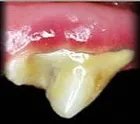
Dental Score of 1 – 2
We are giving you a range between two of our packages. There is varying levels of tartar and the build up could be mild to severe with inflammation around the gums.
We are anticipating that your pet will possibly need 1-2 extractions.
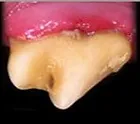
Dental Score of 2 – 3
A good cleaning is needed as there is a lot of build-up and inflammation. We anticipate that over four extractions are needed.
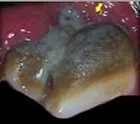
Dental Score of 4
We are seeing severe build up. Usually a “Dental score of 4” indicates that a full mouth extraction (or close to full) is needed!
The Results
FAQ
How Can I Help Prevent Tartar?
Plaque forms in as little as six hours after your pet eats! If allowed to remain on the tooth’s surface, the plaque thickens and mineralizes resulting in tartar. Tartar is a rough material that attracts more plaque to “stick” to the tooth’s surface.
This means if you aren’t brushing your pet’s teeth every day a preventative dental will be necessary.
Pet food manufacturers have developed dental diets that can help reduce the formation of plaque and tartar on your pet’s teeth. These diets are an excellent tool to utilize in preventative dental care. Once tartar has formed, however, professional scaling and polishing under general anesthesia will be needed as it cannot easily or thoroughly be removed by diets and/or brushing.
What About Sedation-Free Dentals?
In recent years Anesthesia-Free Cleanings have grown in popularity as many owners can be nervous about their pets being under anesthesia. As pet owners we understand and sympathize with these concerns, but here are a few reasons why we recommend a full dental procedure:
- A thorough oral examination cannot be performed until the animal is under anesthesia. Probing and measuring must be done below the gum line and between the teeth, and the entire oral cavity can be examined completely.
- 80% of periodontal disease is below the gum line where you can’t see it. This part cannot be cleaned during a nonprofessional dental cleaning.
- We conduct oral X-rays with every dental procedure so we can check the integrity of the teeth. Anesthesia is necessary for these.
- During a nonprofessional dental cleaning, the animal is restrained while the tartar is removed. In some cases, this is stressful and painful.
Extraordinary Care For Your Fuzzy Family.

